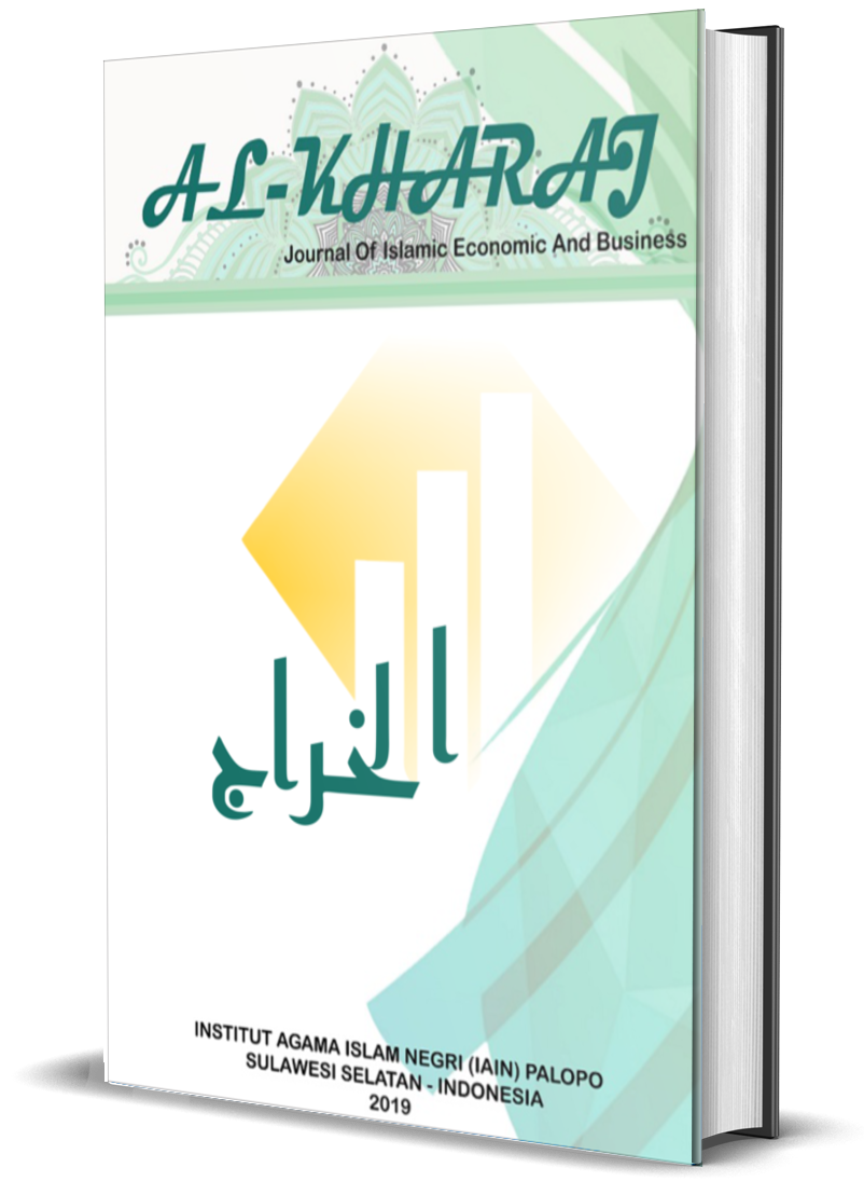The Role of Accounting Information Systems And Technology Innovation on Financial Performance and Business Risks of Msmes
DOI:
https://doi.org/10.24256/kharaj.v7i3.7862Keywords:
Accounting Information System, Innovation Techology and PerformanceAbstract
Accounting Information Systems (AIS) play a crucial role in managing corporate finances, improving the efficiency, accuracy, and transparency of transaction recording and financial reporting. They help management make informed decisions. The use of information technology helps identify potential risks early, monitor conditions in real time, and respond more quickly and precisely. Business risks faced by SMEs include financial and operational risks, reducing the risk of human error, strengthening accountability, and improving internal controls, thus minimizing misuse of funds. The application of technology has a positive impact on SMEs, increasing operational efficiency and competitiveness. SMEs support sales transactions, promotional media, and simplify transaction data storage, build business relationships, and control business operations. These can be done anywhere, regardless of time and space
References
Arifin, Z. (2020). The Role of Technology in Corporate Financial Management. Jakarta. Erlangga.
Astuti, AR (2021). The Role of Technology in Corporate Financial Management: Analysis of Accounting Information Systems. Journal of Accounting Technology, 17(1), 45-58.
Bodnar, G. H., & Hopwood, W. S. (2013). Accounting Information Systems (12th ed).
Brigham, E. F., & Ehrhardt, M. C. (2017). Financial Management: Theory & Practice. Cengage Learning.
Knight, F. H. (1921). Risk, Uncertainty, and Profit. Houghton Mifflin.
Kumar, A., & Sharma, D. (2019). Role of Accounting Information Systems in Financial Management. Springer.
Mazzarol, T., & Reboud, S. (2006). The role of management in small business innovation. International Journal of Innovation Management, 10(2), 205-227.
Mulyadi, D. (2018). Accounting Information Systems and Their Influence on Decision Making in Companies. Indonesian Accounting Journal, 11(2), 120-130.
Musdalifah, AHD, & Rachmawati, S. (2022). Utilization of Information Technology in MSME Financial Management. Scientific Articles on Accounting Information Systems, 2(2), 195-200.
Organizational Change. Wiley.
Pearson. Churyk, N.T., & Marks, R.L. (2014). The Impact of Information Technology on Accounting Practice and Financial Reporting. Accounting and Finance Research, 3(2), 45-55.
Puspitasari, N. (2019). Implementation of Accounting Information Systems to Improve Company Operational Efficiency. Journal of Management and Accounting, 14(4), 88-99.
Ramdani, T & Suherman, M. (2018). Accounting Information Systems Management. Bandung. Alfabeta.
Riskita. A. (2022). The Development of MSMEs in Indonesia and Their Roles, What is It Like?. Accessed from https://store.sirclo.com/blog/perkembangan-umkm-di-indonesia/ on December 1, 2022.
Rogers, E.M. (2003). Diffusion of Innovations. Free Press.
Rohmana, A., & Hwihanus, H. (2023). The Role of Accounting Information Systems in the Utilization of Technology for Digital Bookkeeping in MSMEs. Journal of Management Science Studies and Reasoning, 1(1), 54-63.
Romney, MB, & Steinbart, PJ (2015). Accounting Information Systems. Jakarta: Salemba Empat.
Schilling, M. A. (2017). Strategic Management of Technological Innovation. McGraw-Hill Education.
Sri Handini, et al. (2019). Empowering Village Communities in Developing MSMEs in Coastal Areas. Surabaya: Scopindo Media Pustaka.
Suci, YR (2017). Development of MSMEs (Micro, Small, and Medium Enterprises) in Indonesia. Cano Ekonomos Scientific Journal, 6(1), 51-58.
Suryanto, E., & Tjahjono, H. (2020). The Role of Accounting Information Systems in Improving Corporate Financial Performance. Journal of Accounting and Business, 12(2), 122-135.
Widodo, T. (2022). Accounting Information Systems: Theory and Application in Business Practice. Yogyakarta. Andi Publisher.
Downloads
Published
How to Cite
Issue
Section
Citation Check
License
Copyright (c) 2025 Yeni Triyana, David Pangaribuan, Wahid Ansori

This work is licensed under a Creative Commons Attribution-ShareAlike 4.0 International License.
Authors retain copyright and grant the journal right of first publication with the work simultaneously licensed under a Creative Commons Attribution-ShareAlike 4.0 International License. In line with the license, authors are allowed to share and adapt the material. In addition, the material must be given appropriate credit, provided with a link to the license, and indicated if changes were made. If authors remix, transform or build upon the material, authors must distribute their contributions under the same license as the original.









